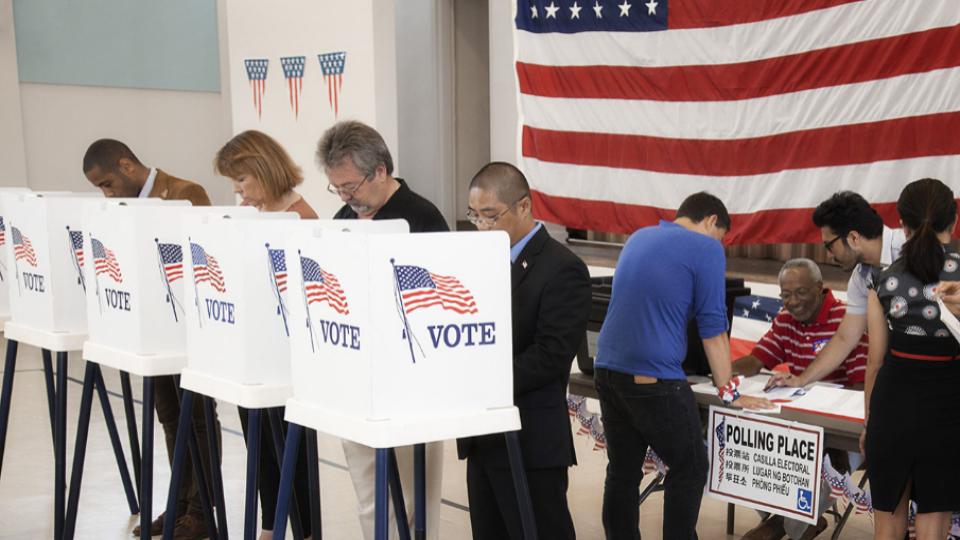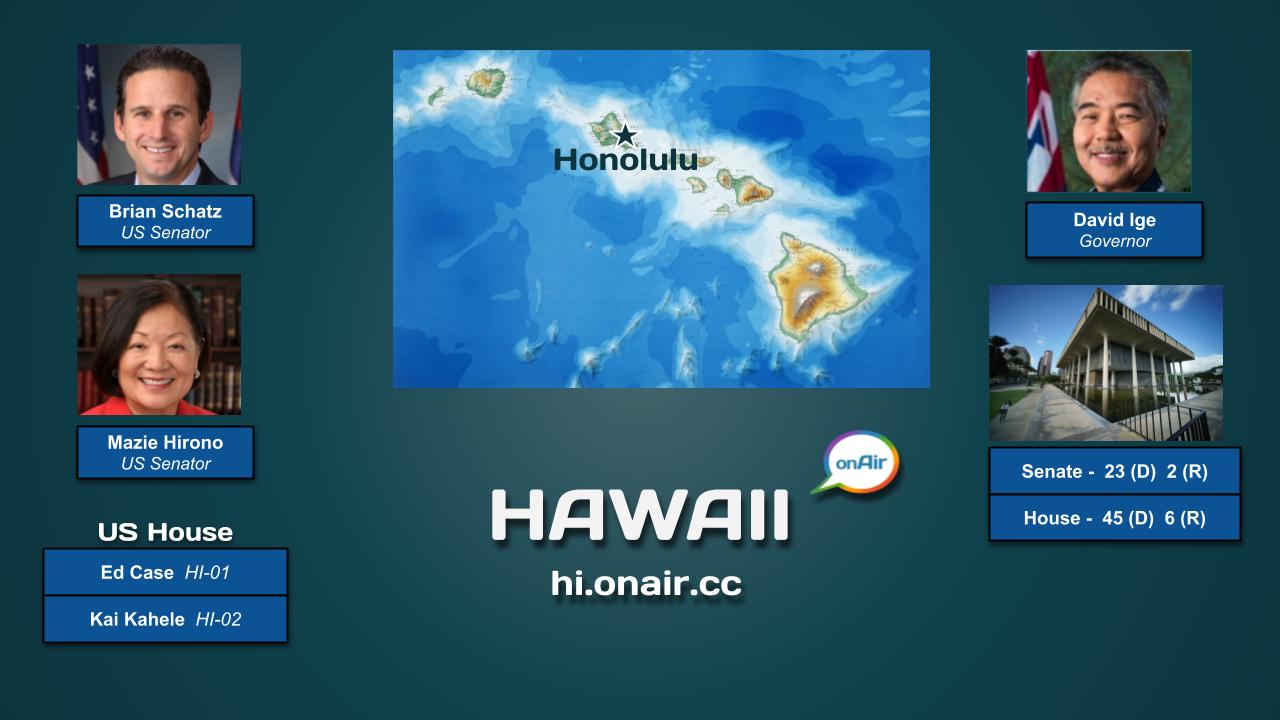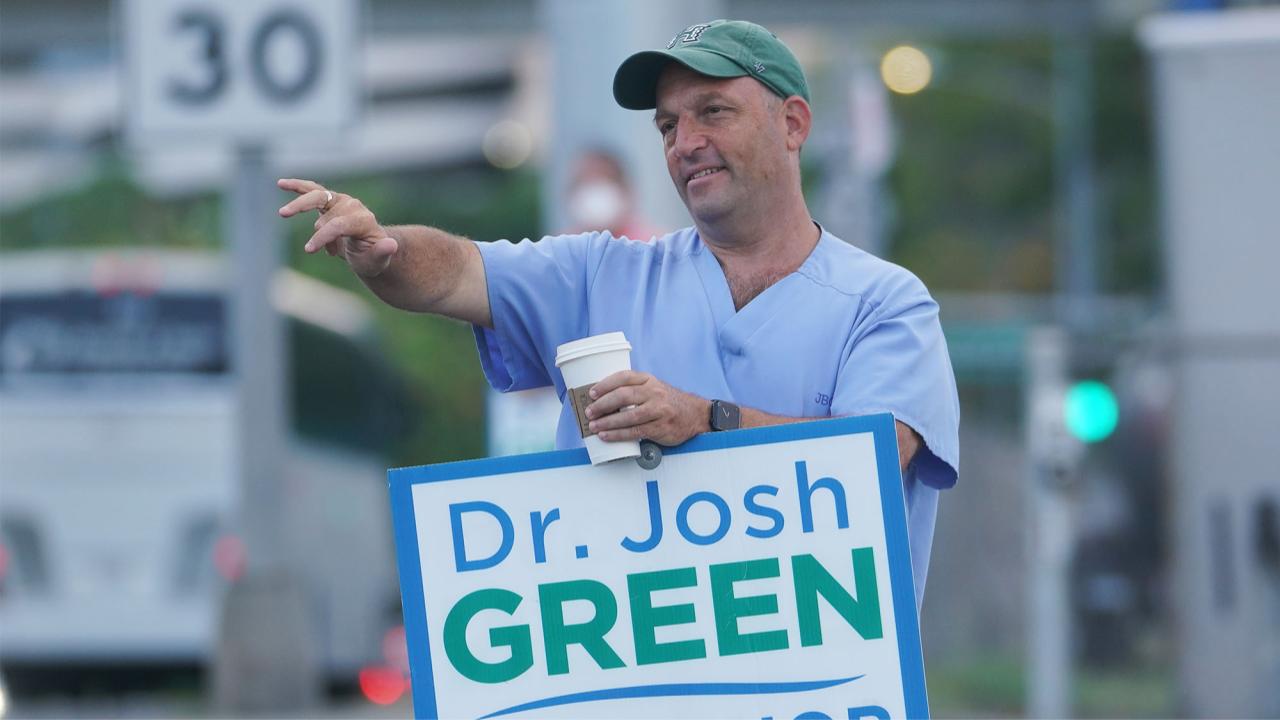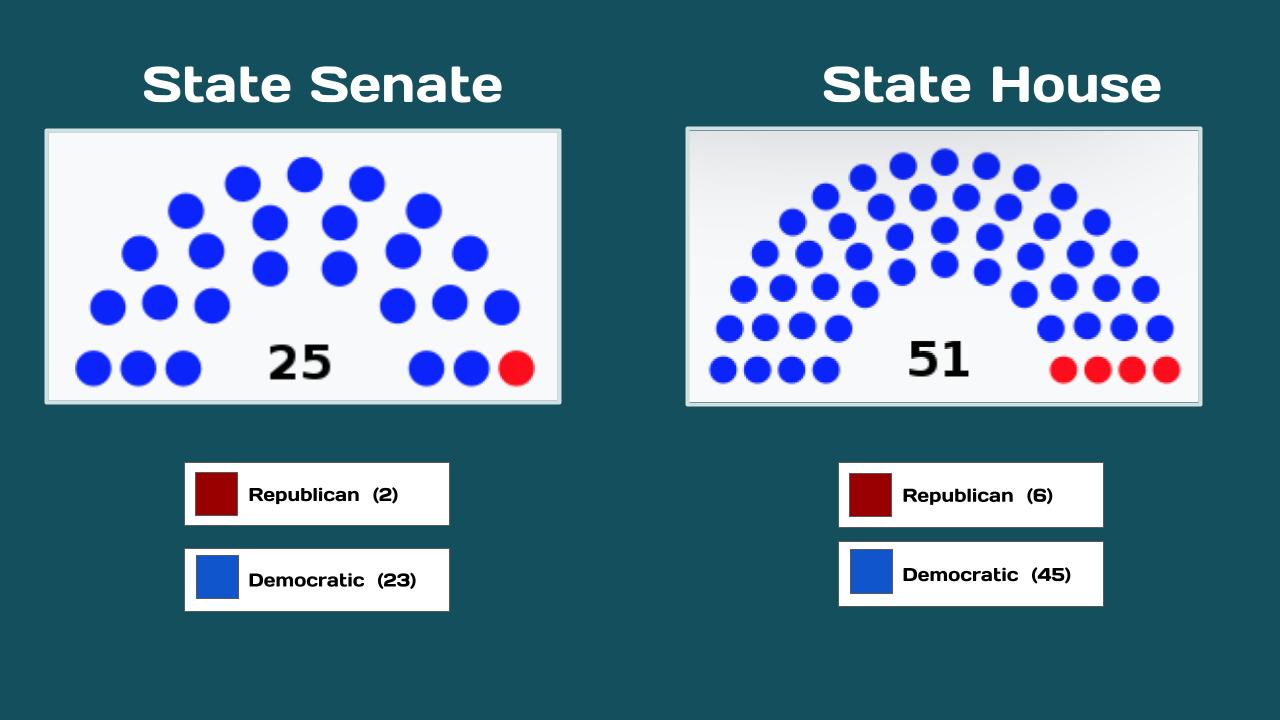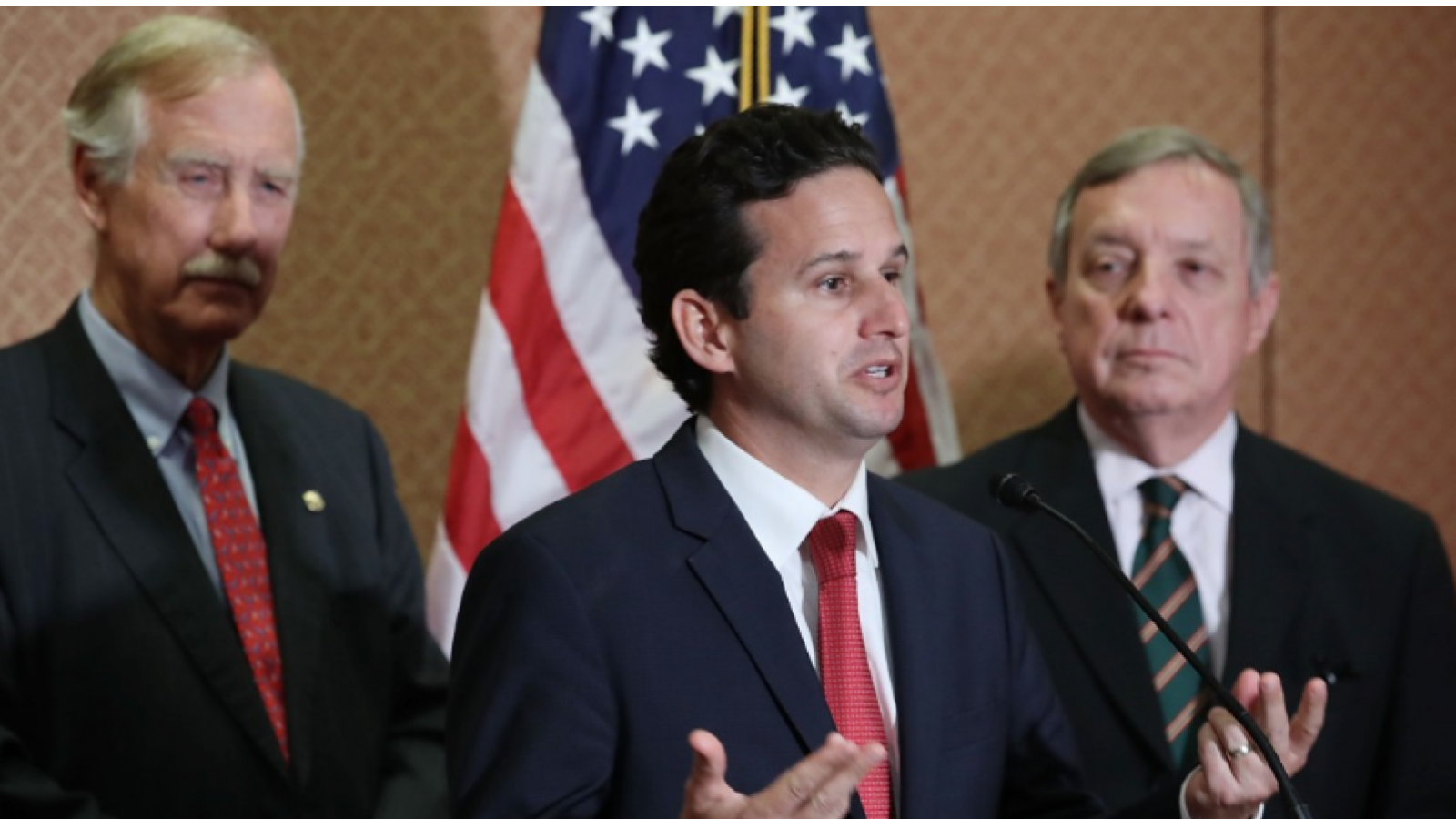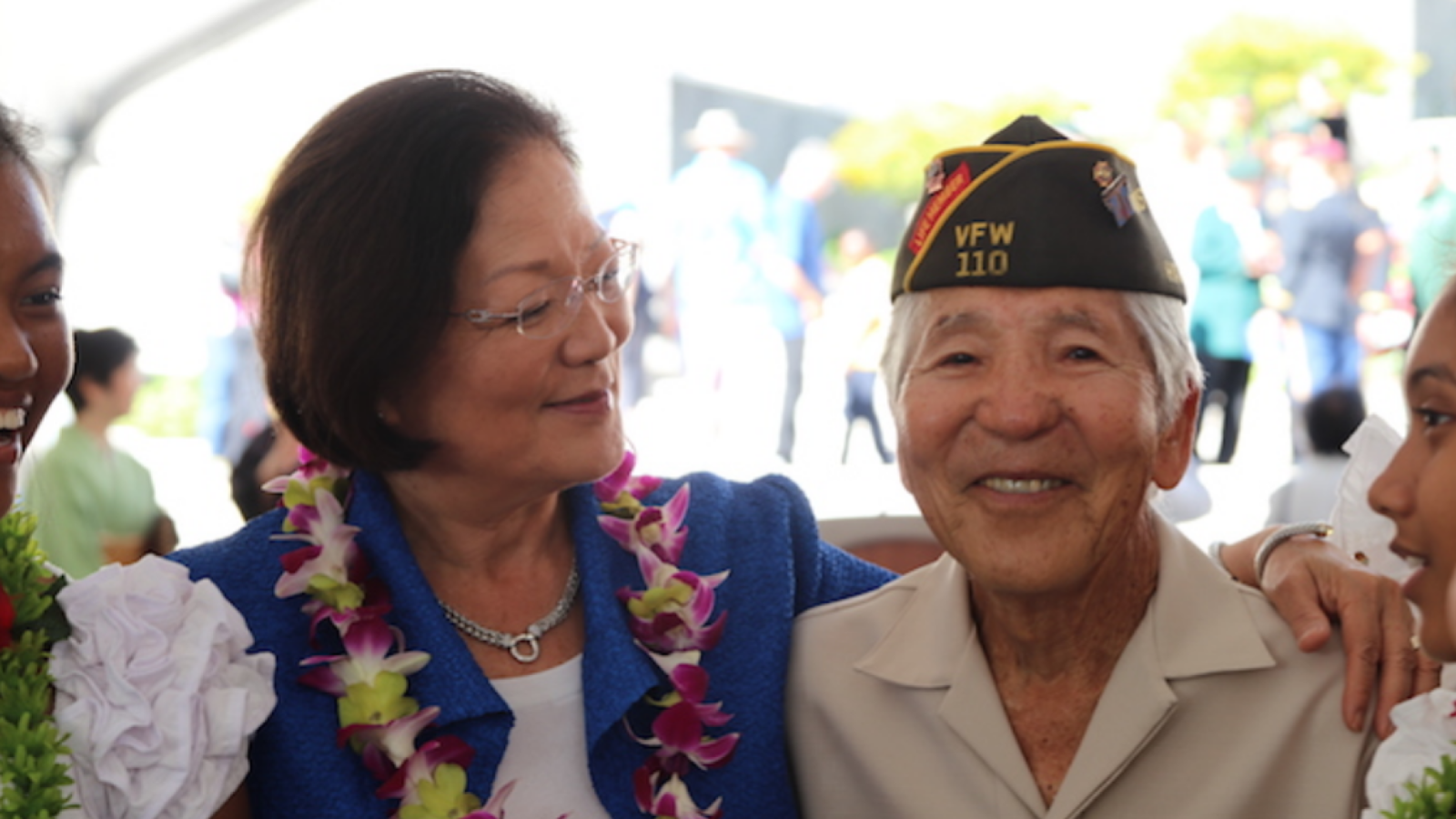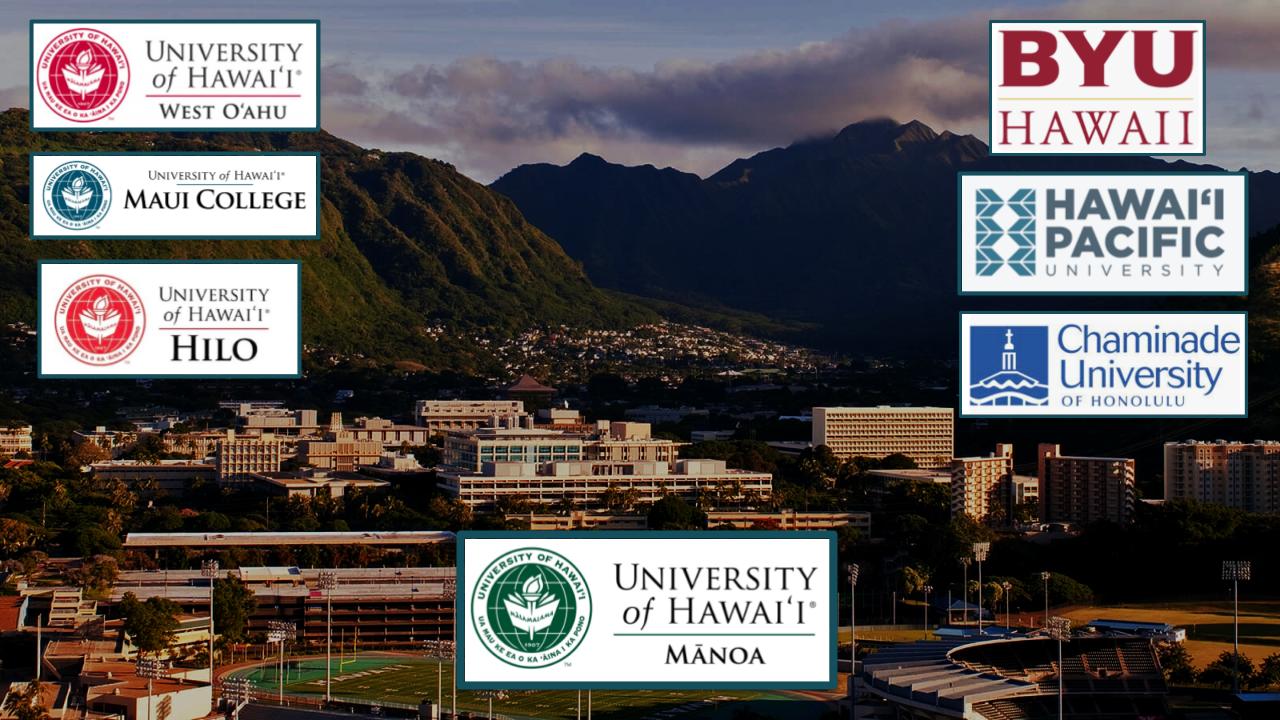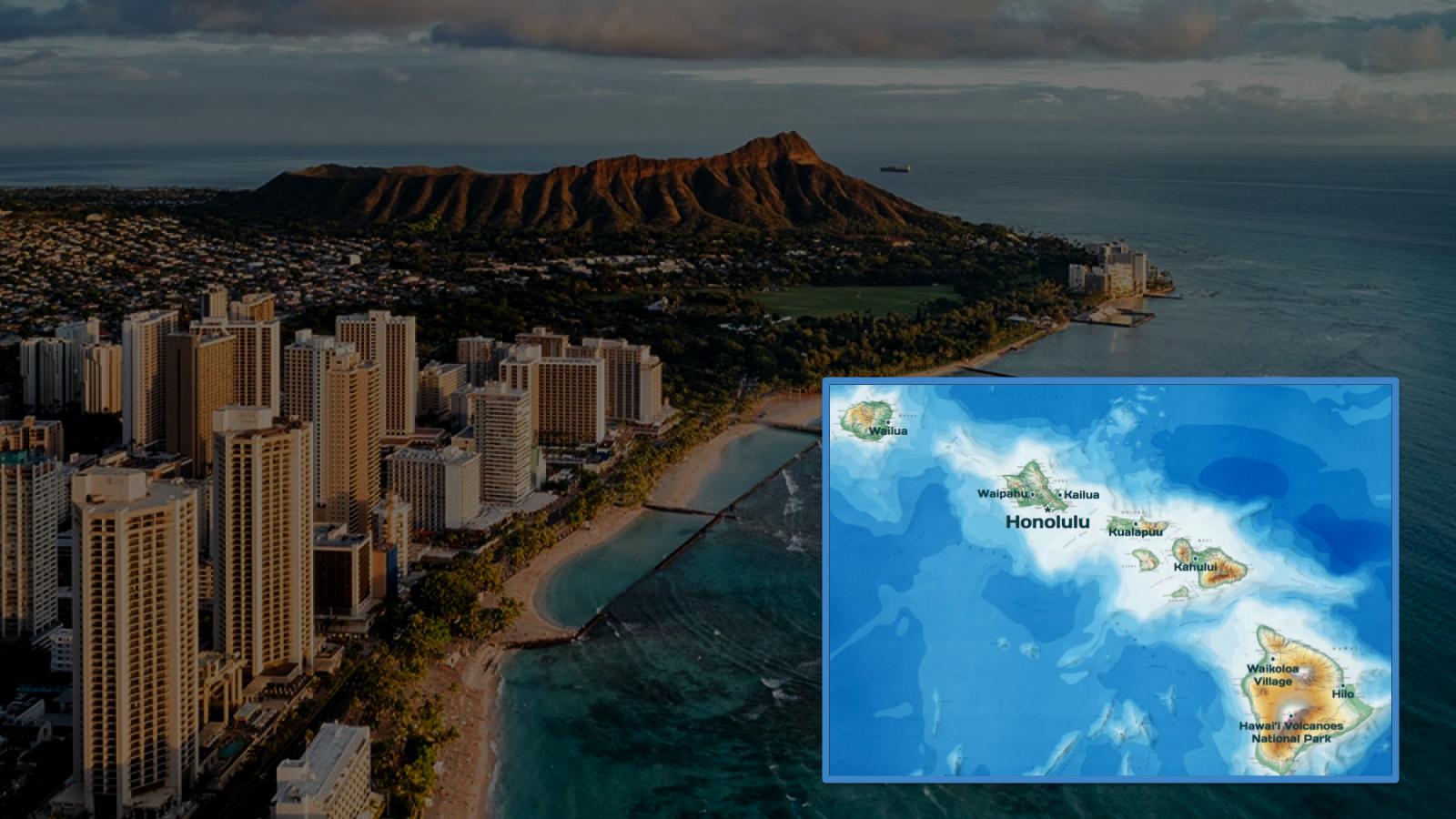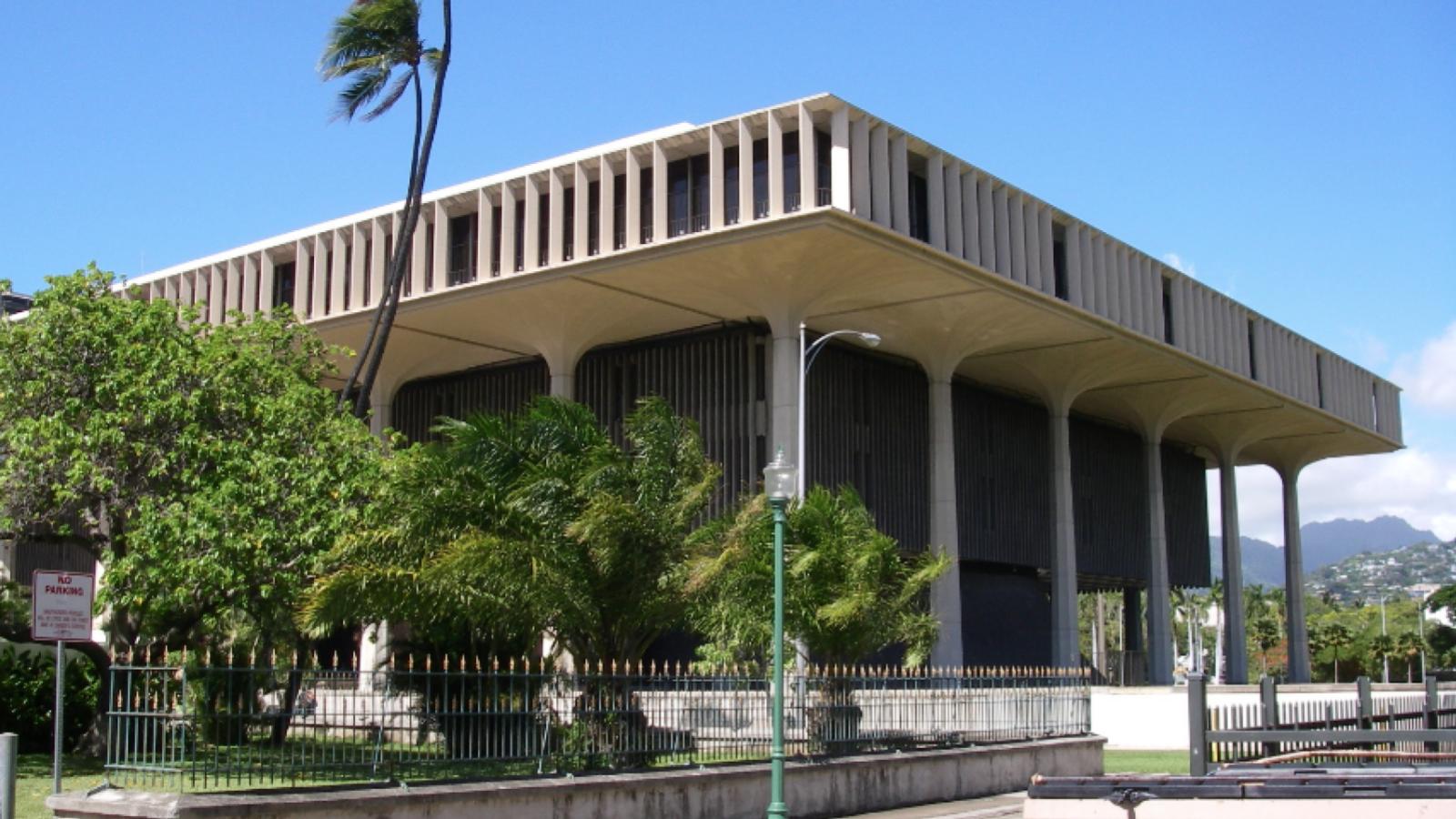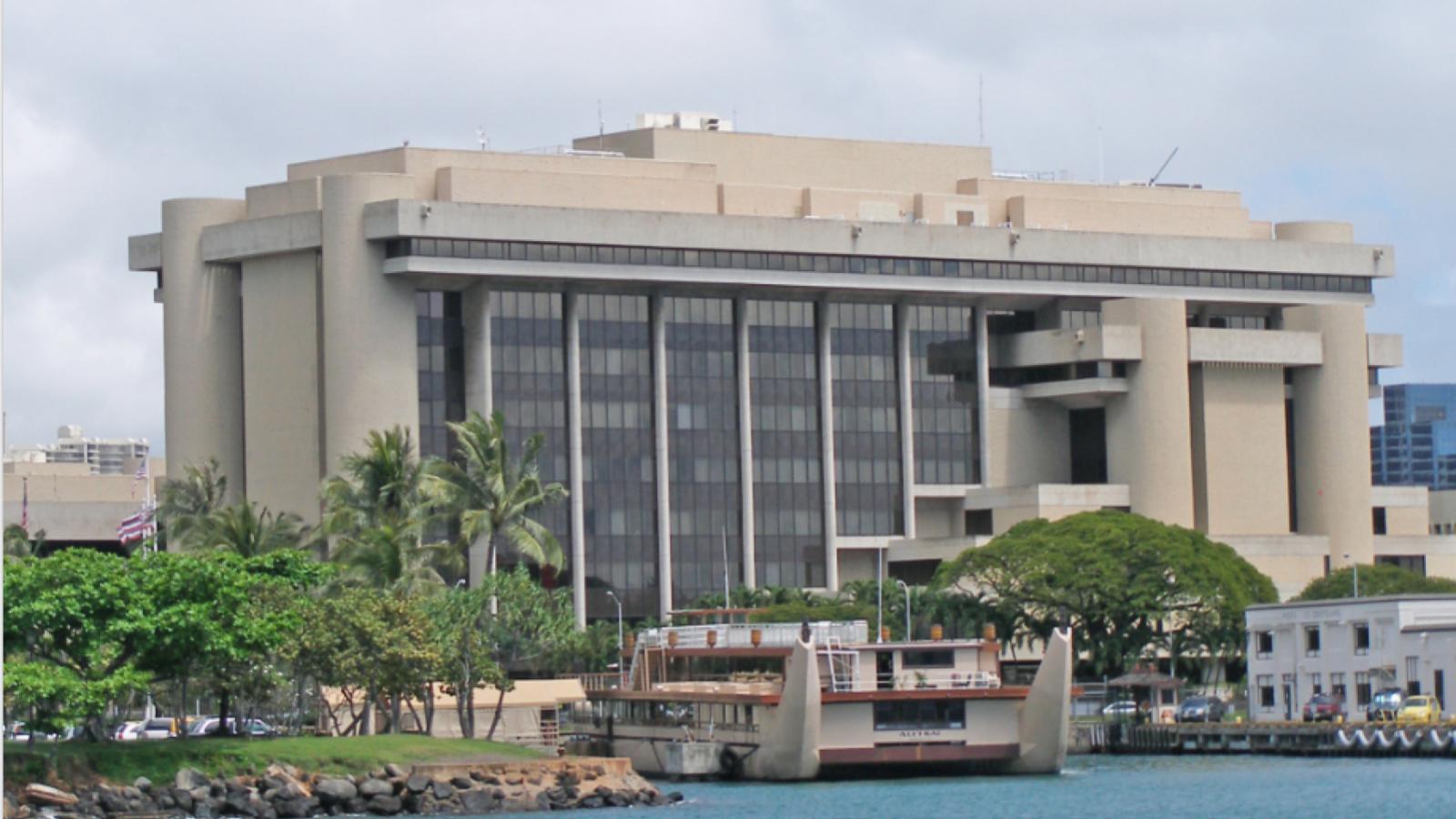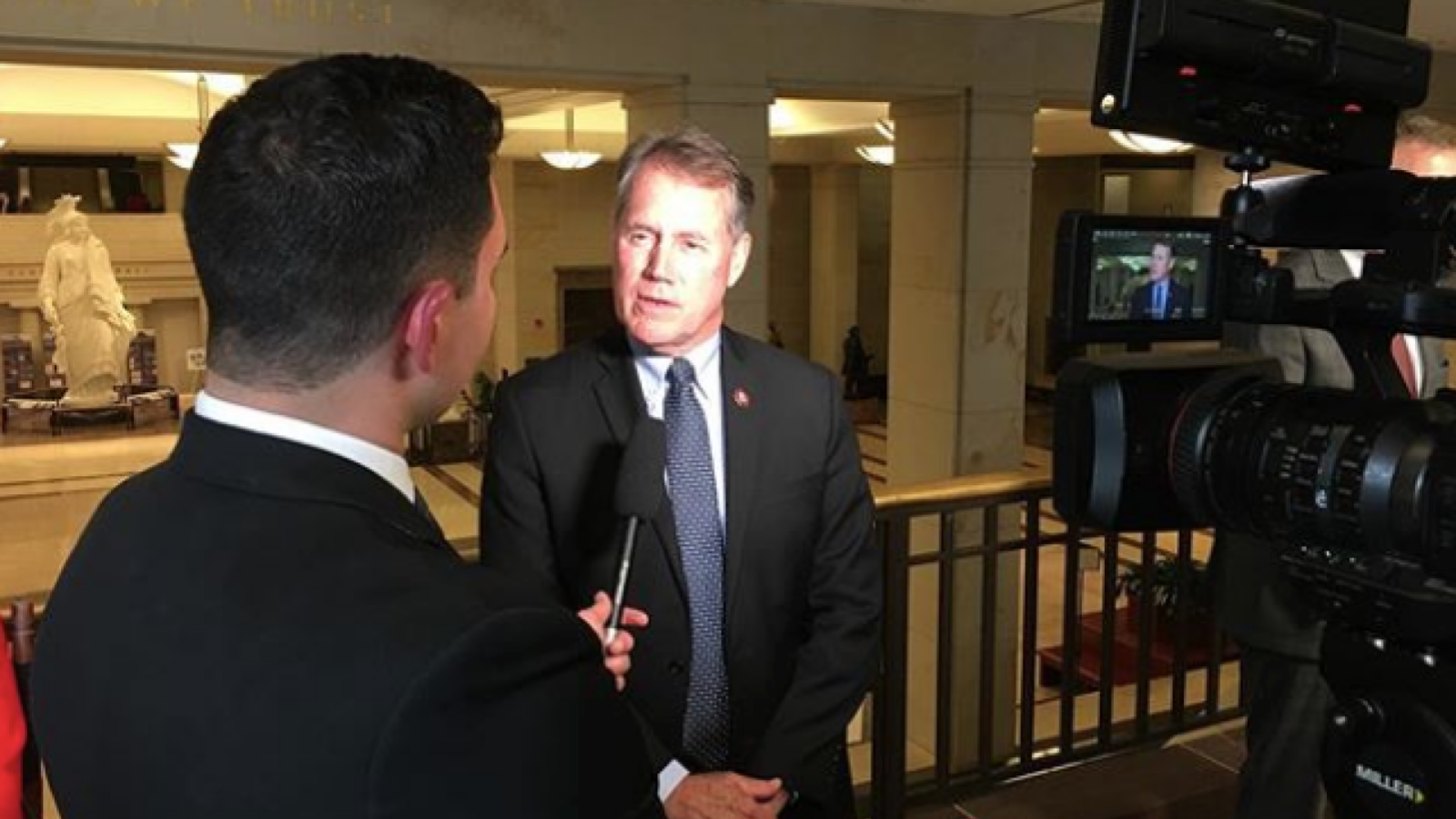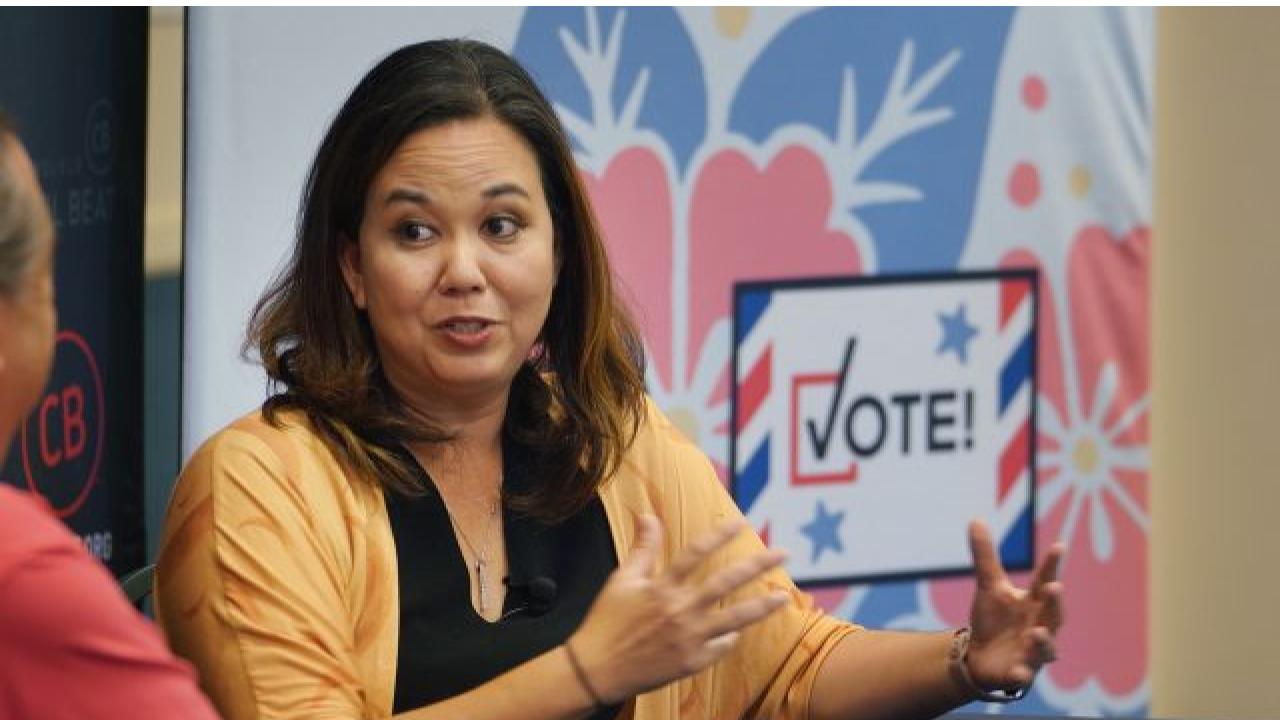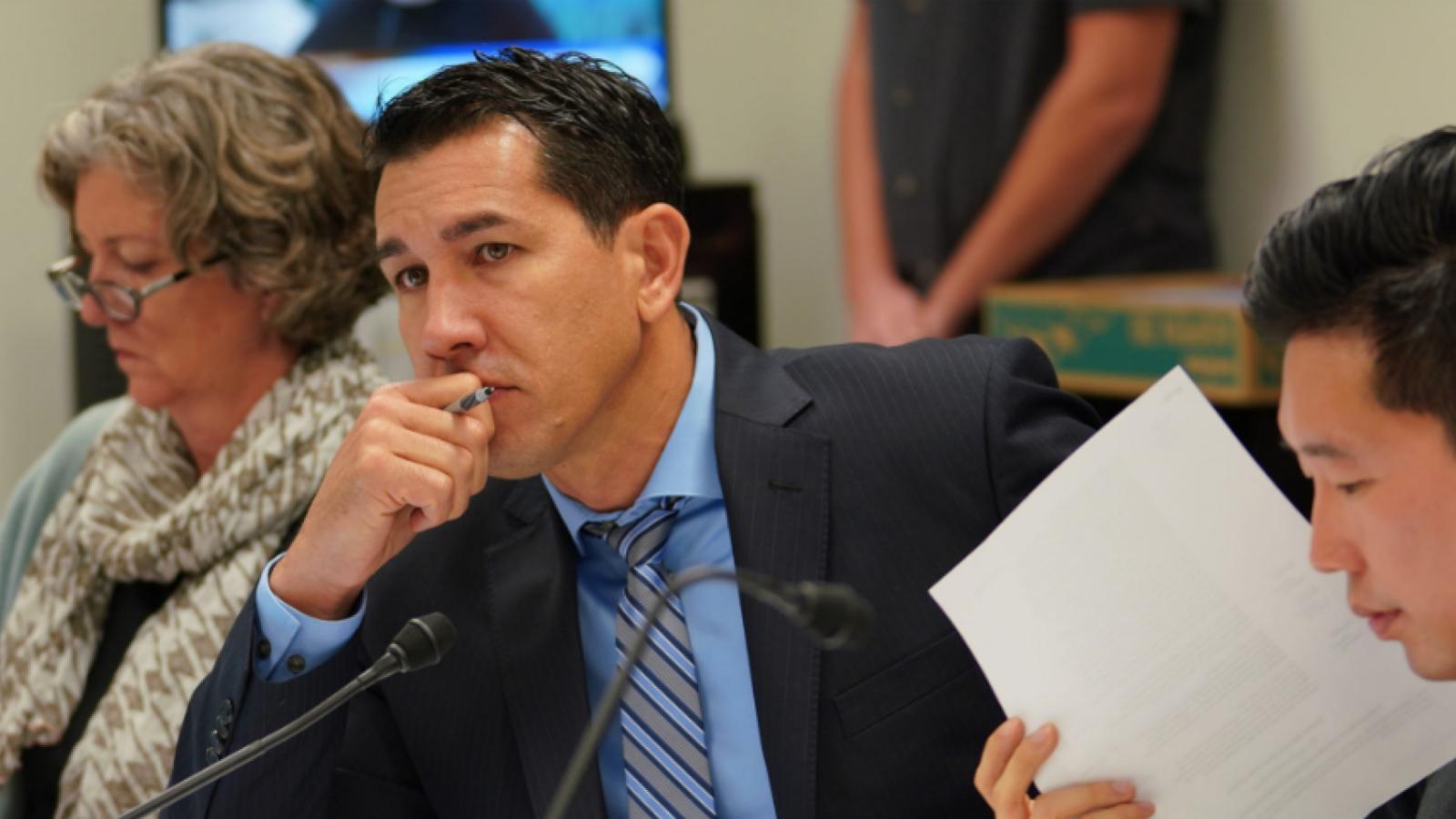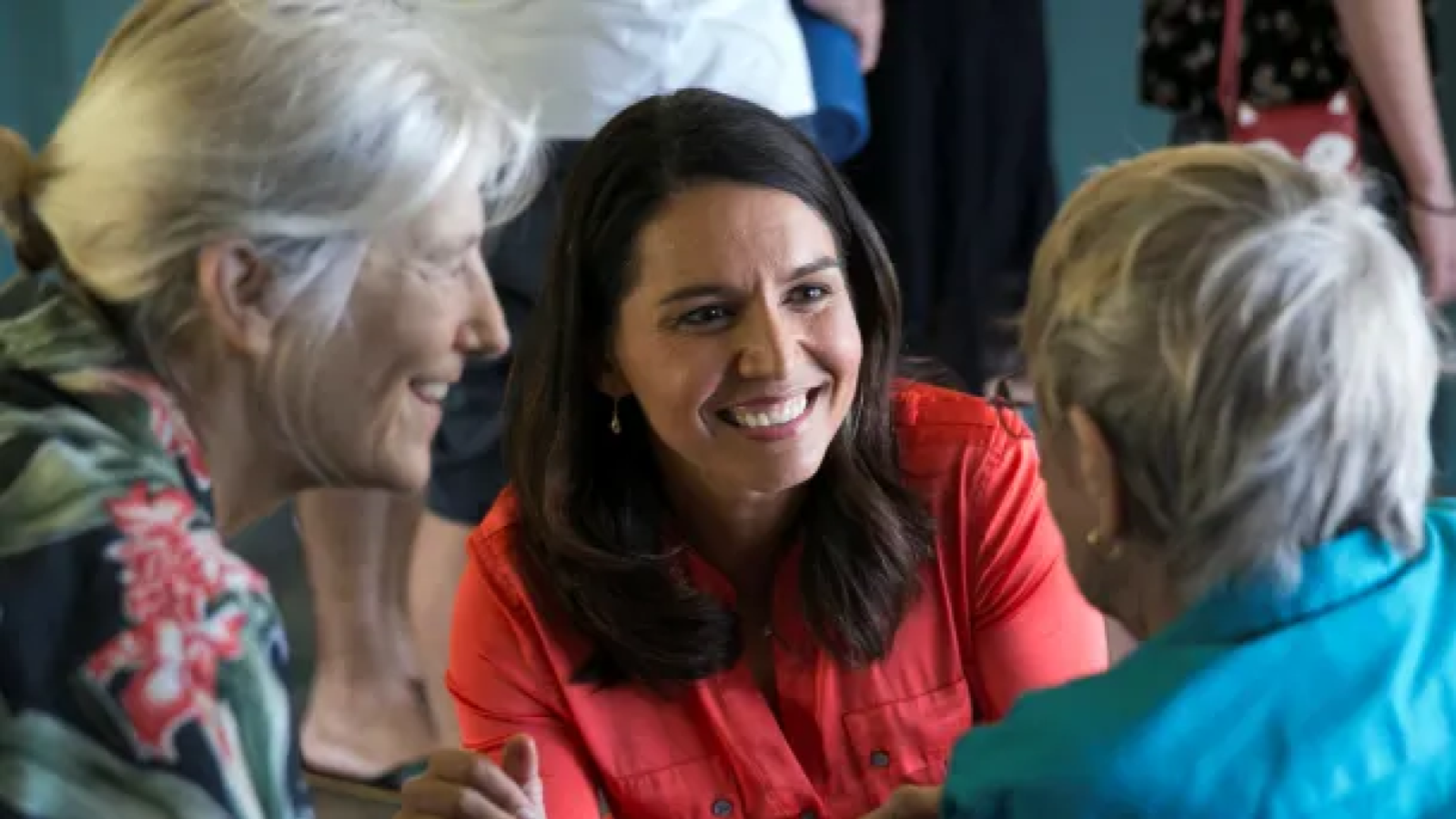Summary
Hawaii is located in the Western region of the USA with Honolulu as its capital. David Ige (D) is Governor.
The Hawaii legislature has 25 Senate members and 51 House members.
OnAir Post: Hawaii onAir
News
The base content in each post in this Hawaii onAir Hub has been updated as of 12/20/23. In addition to the eight posts on the home page, in depth posts on each US House member and posts on Hawaii government and elections have been started. These posts have been shared with the US onAir Hub and will updated in the US onAir automatically when they are updated in this hub.
If your university or nonpartisan organization (such as a government focused research center, citizen engagement program or a League of Women Voters chapter) is interested in assisting the US onAir network to help curate new issue posts or other posts on this Hub and moderate the forums in each post, contact Ben Murphy at Ben.Murphy@onair.cc.
We are also supporting college students to start an onAir chapter on the their campus to coordinate the curation and moderation of posts especially on state and local representatives and government.
About
This Hawaii onAir hub supports its citizens to become more informed about and engaged in federal and state politics while facilitating more civil and positive discussions with their representatives, candidates, and fellow Hawaiians.
- Hawaii onAir is one of 50 state governance and elections hubs that the US onAir Network is providing to reinvigorate our imperiled democracy.
- Virginia onAir is US onAir’s model of how a state’s onAir Council and curators can enhance a state Hub with fresh Top News and state legislature content, moderated discussions, and production of zoom aircasts with committees, interviews and debates with candidates, and presentations.
For more information about the many opportunities to learn about and engage with this Hawaii onAir hub, go to this US onAir post on the US onAir central hub.
All hub content in onAir hubs is free to the public. Hub ontent is under the Creative Commons Attribution-NonCommercial license which permits content sharing and adaptation by nonprofit organizations as long as proper attribution is given to its author(s) and is used for non-commercial purposes. Content and moderation guidelines reinforce our commitment to fact-based, comprehensive content and civil and honest discourse.
To participate in aircast and post discussions, email usdemocracy@onair.cc and include your first name last name, and zipcode. Your real name and any other profile information will not be displayed unless you choose to do so. Your personal information is not shared with any other website or organization.
Hub membership will enable you to:
- Participate in issue and interview aircasts (student-led livestreamed discussions);
- Interact directly with post authors and curators giving them feedback, content suggestions, and asking questions;
- Ask questions, make suggestions, and give endorsement to representatives
Web Links
- hi.onair.cc/hawaii-onair/
- portal.ehawaii.gov/
- www.usa.gov/states/hawaii
- en.wikipedia.org/wiki/Government_of_Hawaii
State Representatives
Governor Josh Green
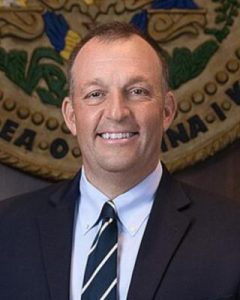 Current Position: Governor since 2013
Current Position: Governor since 2013
Affiliation: Democrat
Former Positions: Lieutenant Governor from 2018 to 2022,; member of the Hawaii Senate from 2008 to 2018; member of the Hawaii House of Representatives from 2004 to 2008.
Green has been awarded Physician of the Year by the Hawaii Medical Association twice in his career, first in 2009, and again in 2022 for his leadership and service during the COVID-19 pandemic. He has remained a physician in Hawaii’s rural emergency departments while serving in public office and returns to the Big Island to practice medicine.
OnAir Post: Josh Green – HI
US Representatives
Senator Brian Schatz
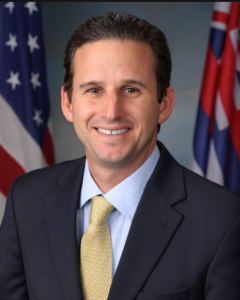 Current Position: US Senator since 2012
Current Position: US Senator since 2012
Affiliation: Democrat
Other Positions: Chair, Subcommittee on Transportation, Housing and Urban Development, and Related Agencies
Chair, Committee on Indian Affairs
Former Positions: Lt. Governor from 2010 – 2012; State Delegate from 1998 – 2006
Schatz also worked as chief executive officer of Helping Hands Hawaii.
Quotes:
It is hard to credibly claim you are for bipartisanship if you filibuster bipartisanship.
OnAir Post: Brian Schatz – HI
Senator Mazie Hirono
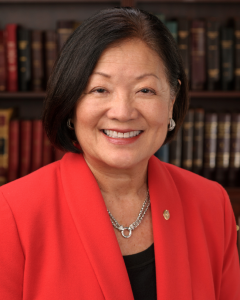 Current Position: US Senator since 2013
Current Position: US Senator since 2013
Affiliation: Democrat
Former Positions: US Representative from 2007 – 2013; Lt. Governor from 1994 – 2002; US Representative from 1981 – 1994
Other Positions:
Chair, Energy Subcommittee
Chair, Seapower Subcommittee
Quotes:
Truth hurts Republicans. They ran from it with the sham FBI investigation and confirmed Brett Kavanaugh. They didn’t want the truth three years ago when the Trump White House buried THOUSANDS of tips, and they clearly don’t want it now. But we do.
OnAir Post: Mazie Hirono – HI
Ed Case HI-01
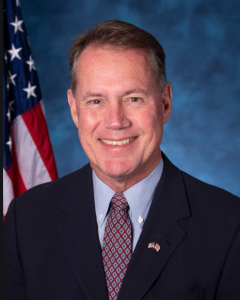 Current Position: US Representative of HW District 1 since 2019
Current Position: US Representative of HW District 1 since 2019
Affiliation: Democrat
Former Position: State Delegate from 1994 – 2002
District: urban areas of the City and County of Honolulu, a consolidated city-county that includes Oahu’s central plains and southern shores, including the towns of Aiea, Mililani, Pearl City, Waipahu, and Waimalu. T
Upcoming Election:
Quotes:
My Natural Resources Committee just approved and sent to the full House my proposal with @RepKahele
to advance possible designation of Hawaii’s first National Heritage Area at Ka’ena Point.
A Blue Dog Democrat, Case first came to prominence in Hawaii as majority leader of the Hawaii State Legislature and in his 2002 campaign for governor of Hawaii.
OnAir Post: Ed Case HI-01
Jill Tokuda HI-02
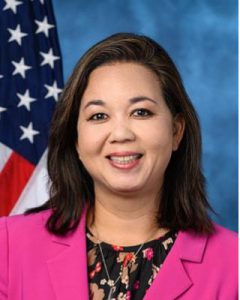 Current Position: US Representative of HW District 2 since 2023
Current Position: US Representative of HW District 2 since 2023
Affiliation: Democrat
District: all rural and most suburban areas of Oahu/Honolulu County, as well as the entire state outside of Oahu. It includes the counties of Kauai, Maui, Kalawao, and Hawaii (“the Big Island”).
Upcoming Election:
Tokuda is one of three Japanese Americans currently serving in the House. A member of the Democratic Party, she previously represented the 24th district in the Hawaii Senate from 2006 to 2018.
In 2018, Tokuda did not run for reelection, instead becoming a candidate for lieutenant governor of Hawaiʻi. She lost the August 11 Democratic primary to Josh Green.
During the COVID-19 pandemic, Tokuda advised the Hawaiʻi Data Collaborative and helped track the progress of federal relief spending.
OnAir Post: Jill Tokuda HI-02
More Information
Wikipedia
Contents
The Government of Hawaii (Hawaiian: Aupuni o Hawaiʻi) is the governmental structure as established by the Constitution of Hawaii, the 50th state to have joined the United States.
Executive branch

Statewide elected offices
The current Governor of Hawaii is Josh Green (D) and the current Lieutenant Governor of Hawaii is Sylvia Luke (D).
Agencies
- Department of Accounting and General Services
- Department of Agriculture
- Department of the Attorney General
- Department of Budget and Finance
- Department of Business, Economic Development, and Tourism
- Department of Commerce and Consumer Affairs
- Department of Corrections and Rehabilitation
- State of Hawaii Department of Defense (see also Hawaii National Guard)
- Department of Education
- Department of Hawaiian Homelands
- Department of Health
- Department of Human Resources Development
- Department of Human Services
- Department of Labor and Industrial Relations
- Department of Land and Natural Resources
- Department of Law Enforcement
- Department of Taxation
- Department of Transportation
- University of Hawaii
Former Agencies
[a]In 2024, the Department of Public Safety was split up into the Department of Corrections and Rehabilitation and the Department of Law Enforcement.[1]
Legislative branch
Judicial branch
Independent state agencies
Counties
- County of Hawaii – county seat in Hilo
- City and County of Honolulu – county seat in Honolulu
- Kalawao County
- County of Kauai – county seat in Lihue
- County of Maui – county seat in Wailuku
References
- ^ Boneza, Jenn (19 January 2023). “Department of Law Enforcement on track to begin operations in 2024”. KHON2. Retrieved 15 September 2023.
- Marumoto, Claire (September 2013). Guide to Government in Hawaii (PDF) (14 ed.). Honolulu: Legislative Reference Bureau. Archived from the original (PDF) on 13 February 2019. Retrieved 12 February 2019.
